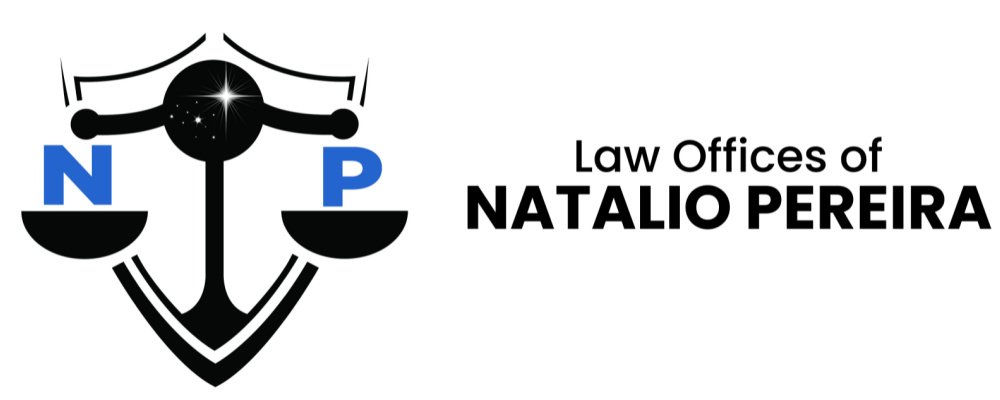PC 242 – Battery
A battery is any willful and unlawful use of force or violence upon the person of another.
In California, there are several types of battery charges. If you have been charged with a battery, understand that certain types of California battery charges are more serious than others. In this section, we will discuss the least serious of battery charges, PC 242 Battery.
We often hear the term “Assault and Battery”, and many people incorrectly believe that these two crimes are essentially the same thing. How often do you hear someone say, “he assaulted me” in reference to harm caused by physical contact? The crime of assault requires no physical contact, only an attempt to make physical contact, and you can learn more about California assault law under the “Assault” section of our website.
Unlike an assault, battery does require some physical contact to be made. Let’s take a look at the elements of the California crime of Penal Code 242 – Battery.
Elements of the Crime – PC 242 Battery
In order to be convicted of PC 242, the prosecutor must be able to prove that there was:
A willful and unlawful;
Use of force or violence;
Upon the person of another.
What is “willful and unlawful”?
To be convicted of PC 242 Battery, the prosecutor must prove that you acted with intent. It is not necessary, however, for the prosecutor to prove that you a) intended to break the law, or b) intended to injure another person. Here is an example.
You had a bad day at work, and are angry when you drive home. Because you are angry, you drive in a reckless manner, and accidentally hit a pedestrian or bicyclist. Although you did not intend to harm the person you hit, you did intend to drive in a reckless manner. This is “willful and unlawful” action.
What is “use of force or violence”?
“Force” and “violence” are the same thing in the context of California battery law. Any illegal use of force or physical contact is “force or violence”. It is important for you to know that “force or violence” does not require there to be any sort of injury that results in pain. Any contact, however slight, is “force or violence” if it is made in a rude, offense, or disrespectful manner.
Jim and Joe have a verbal argument. Jim pushes Joe. Joe is not hurt, his shirt is not torn, and he did not suffer any pain when Jim pushed him. However, because Jim pushed Joe in a rude and offense manner, Jim can be convicted of PC 242 Battery.
What is “upon the person of another”?
A physical touching of another person, be it their actual body, clothing, or something attached to them like a hat or an object in their hands. Punching someone in the face, grabbing a person’s shirt, or knocking a drink out of a person’s hand are all “upon the person of another” under California battery law.
How can the criminal defense attorneys from the Law Offices of Natalio Pereira fight my PC 242 Battery charge?
Our experienced criminal defense attorneys have several ways to fight a PC 242 Battery charge in our Southern California courts. Some of the ways we fight your PC 242 Battery charges are:
Self-Defense/Defense of Others. If you reasonably believe that you or someone else is about to be seriously harmed by another, you can use means of defending yourself or someone else. If someone approaches you with a knife and says, “I’m going to cut you up!” it would be reasonable to punch that person to defend yourself.
Consent. Consent is a defense typically applied to situations where someone has agreed to physical contact – often times playing a sport, or consenting to a medical procedure. Remember our example of Jim pushing Joe? If Jim pushes Joe during a football game, it is implied that Joe consented to being pushed, since football is a contact sport. If a doctor cuts a patient with a knife in the process of performing surgery, it is a reasonable and necessary physical contact, which the patient has consented to.
Accident. “It was an accident” is a defense to many California crimes, including 242 Battery. Accidentally injuring someone is not a crime. Remember our example of driving angry and hitting a pedestrian or bicyclist? In that example, you would have been intentionally driving in a reckless manner. What if you are driving carefully, obeying the traffic laws, and a bicyclist suddenly darts in front of your car? Because hitting the bicyclist was an accident, you will not be convicted of PC 242 Battery in this situation.
What sort of penalties am I facing if I am convicted of PC 242 Battery?
California PC 242 Battery is a misdemeanor. If convicted, you may face the following penalties:
California misdemeanor probation, otherwise known as “summary” or “informal” probation;
Up to 6 months in county jail;
Up to $2,000 in fines;
Successful completion of a Batterer’s Class, or
Community service.
